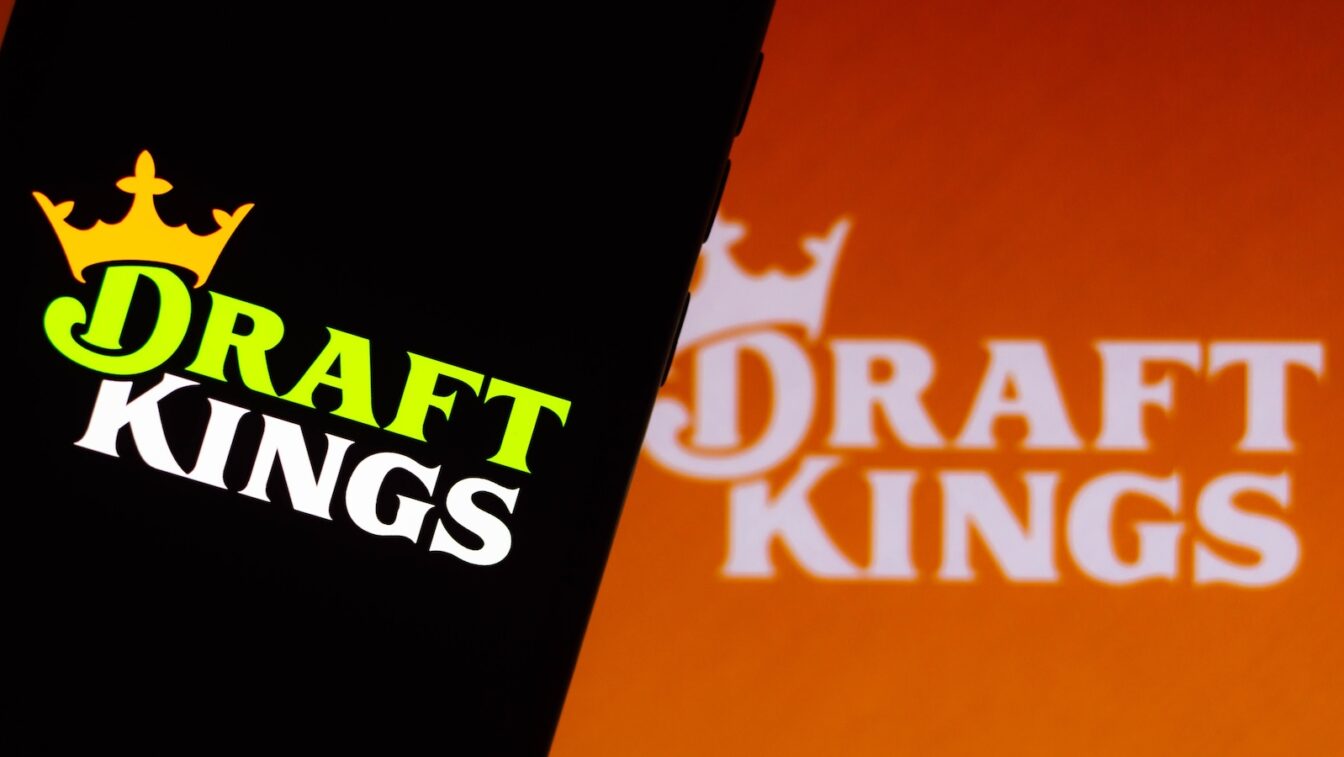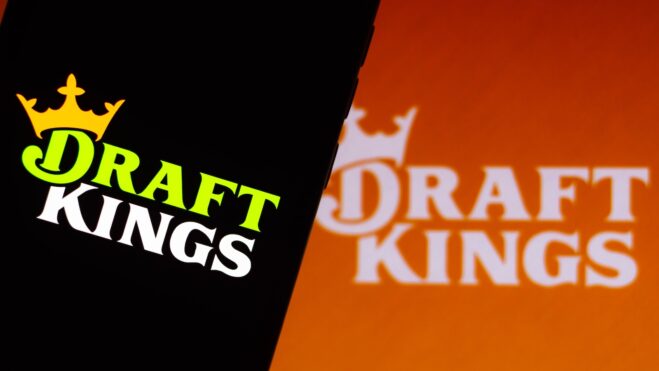FanDuel Shuns ‘Surcharge For Winners,’ Leaving DraftKings On An Island
CEO: ‘Moderating levels of generosity and reducing local marketing is the best customer option’
3 min

Update: DraftKings on Tuesday evening announced that it was scrapping plans for the tax on winning:
DraftKings will have to go it alone into the arms of controversy, without the other half of its sports betting duopoly partner, FanDuel.
CEO Peter Jackson of Flutter, parent company of FanDuel, said on Tuesday during Flutter’s 2024 Q2 earnings call that “we have no plans to introduce a surcharge for winners.”
While it remains possible that another player boasting some meaningful U.S. market share, such as BetMGM, will still signal an intention to follow DraftKings’ lead, FanDuel’s break is meaningful and will add pressure on DraftKings to consider dropping its plans to institute a surcharge on winning bets in several high-tax jurisdictions at the start of 2025: in Illinois (40%), New York (51%), Pennsylvania (36%), and Vermont (51%).
The plans for the surcharge, revealed in DraftKings’ own 2024 Q2 earnings presentation, was presented as a solution to offset costs of state gross gaming revenue taxes in excess of 20%.
“The surcharge will be fairly nominal to the customer,” DraftKings wrote in a letter to shareholders. “In Illinois, for example, it will amount to a low to mid-single digit percentage of the Net Winnings a customer would previously have received, but we believe additional upside potential exists for DraftKings’ Adjusted EBITDA in 2025 and beyond from this gaming tax surcharge.”
With the benefit of about two weeks to consider how it might respond to the announced move, Jackson, who had a lot of other good financial news (below) to share on the call, said the following after Clark Lampen of BTIG inquired about the surcharge at the top of the question-and-answer session:
“Clark, you’ve got a question around the situation in Illinois, and I can imagine that a number of other people will have questions around how we’re thinking about positioning ourselves in it.
“So I think it probably makes sense for me just to give a slightly more expansive answer to that question, and then I don’t anticipate us needing to answer the question on it subsequently for other people.
To start with, I think it’s important to recognize that there’s a happy medium for tax rates that enables operators to maximize market growth, provides the best experience for customers, and, over time, maximizes revenue for states. And most states have taken a sensible approach to date.
“I do think, though, that instituting a graduated tax that punishes those who have invested the most to grow their businesses is wrong. I think it would drive customers to offshore operators or potentially to onshore operators who are offering unregulated, untaxed prop parlays under the guise of sweepstakes.
“We have lots of pattern recognition of operating internationally in high tax locations, and our experience is that moderating levels of generosity or, indeed, reducing global marketing is the best response.
“As Rob [Coldrake, CFO of Flutter International] mentioned, we often find as well that you know smaller players may also have to increase their prices, which leads to us capturing more share, which provides an offset for us. And so we think that moderating levels of generosity and reducing local marketing is the best customer option, and we have no plans to introduce a surcharge for winners.”
Thus, the most important data point about the prospect of DraftKings’ creative but controversial policy, news of which penetrated the mainstream after its reveal, is now answered.
However, there are no indications publicly to date that DraftKings intends to back off and drop the policy. And there are some additional potential hurdles before implementation, including scrutiny from regulators in New York.
But far as we know, the motivation and plan remains intact.
Flutter’s victory lap
How about some of that good news from Flutter? The dual-listed company that’s now primarily on the New York Stock Exchange as well as the London Stock Exchange raised its full-year guidance for U.S. revenue to $6.05bn-$6.35bn, and Adjusted EBITDA to $680m-$800m (previous: revenue $5.8bn- $6.2bn, Adjusted EBITDA $635m-$785m).
“This represents revenue and Adjusted EBITDA mid-points of $6.2bn and $740m with year-over-year growth of 41% and 219%, an improvement of 3% and 4% respectively to the previous midpoints,” said Jackson.
Furthermore:
– Q2 2024 total online gross gaming revenue (GGR) market share of 38% including sportsbook GGR share of 47%, net gaming revenue share (NGR) of 51%, and iGaming GGR share of 25%.
– Compelling unit economics support customer acquisition with 59% NGR market share in North Carolina (launched in Q1) and online revenue in states launched in 2022/2023 +45%.
– Early-to-regulate state opportunity also compelling with pre-2022 online revenue +33%.
– Completion of FanDuel Casino migration to proprietary technology will enable further improvements in customer offering and user experience.
And then factor in the value of letting the top market competitor absorb body blows over a controversial policy … while also having the benefit of seeing if the policy actually does work for DraftKings.
Not a bad quarter, or place to be.



